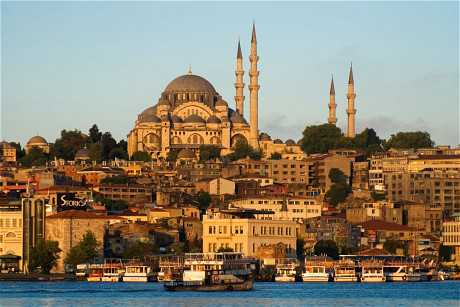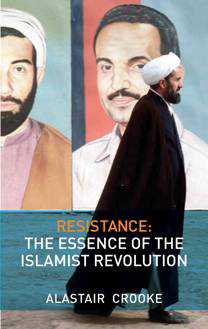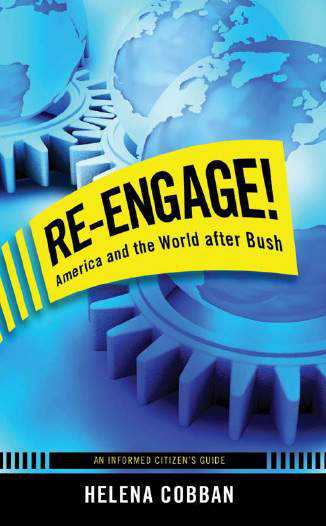By Mustafa Akyol
Since the Justice and Development Party (AKP) came to power in Turkey in late 2002, the media have had a hard time finding an apt word to define it. While the AKP insists on calling itself “conservative” and emphatically underlines that it is “not a religious party,” popular definitions adopted by the press include “mildly Islamic,” “pro-Islamic,” “Islamic-leaning” and, in more critical accounts, simply “Islamist.”
But if Islamism is the ideology, and the program is to establish an “Islamic state” that will impose Sharia law and ban “unIslamic” practices in a society, then the AKP really has good reasons to be exempted from that definition.
This is not that hard to see. To begin with, life in today’s Turkey is no more “Islamic” than eight years ago. There are no fewer bars, night clubs, alcohol-serving restaurants or bikini-rich beaches. Big cities such as Istanbul are actually more cosmopolitan and hedonistic than ever.
This is not a big surprise, for the AKP has never tried to impose Islamic law. Most of the legal reforms the party has realized during its rule are actually not Sharia-compliant but EU-compliant – in other words, compatible with European Union norms. The 2004 reforms to the Penal Code, for example, established full gender equality and women’s sexual autonomy. The 2010 amendments to the constitution even introduced positive discrimination for women.
One controversial issue in the 2004 Penal Code reforms was AKP’s failed attempt to criminalize adultery, which became the main proof of the party’s craving for the Sharia. But that was an overstated case. First, adultery was already a crime under Turkish law since the beginning of Ataturk’s Republic and was only abolished in the late 1990s. AKP’s draft law was only about restoring this article. Secondly, the punishment would be two years in prison; not any corporal penalty. Third, the proposal was criticized not only by the liberal-minded but also by some ultra-conservative Islamic figures who realized that the law would, by default, also criminalize polygamy, which is illegal in Turkey but is still found in some underdeveloped areas. In the end, Prime Minister Recip Tayyip Erdogan backed off from the idea and adultery remained legal.
Another controversial issue has been the consumption of alcohol. In fact, figures show that more alcohol is consumed in Turkey than before, since the AKP privatized alcohol production, which used to be a state monopoly. But several AKP municipalities, especially in the more conservative towns of Anatolia, have been timid about giving alcohol sales permits to new restaurants. In a few cities, AKP municipalities also tried to create dry zones by giving alcohol sales permits only in selected areas where there are no schools or residential neighborhoods.
As conservative as these policies are, they are probably no more so than those applied in the dry counties of America’s Bible Belt.
Besides these highly popularized but hardly alarming issues, other “anti-secular activities” of the AKP, as Turkey’s secularists see them, are in fact nothing but efforts to soften Turkey’s exceptionally rigid secularism. The headscarf controversy is the perfect example. Since the early 1980s, the headscarf has been banned in all schools, universities and public jobs – due to a Constitutional Court decision on the meaning of secularism. Yet not just the AKP but also many secular liberals see this ban as discrimination against veiled women, who make up some 60 percent of Turkish female society. Hence the AKP’s modest effort in 2007 to allow the headscarf in universities, which led to a closure case against the party from which it only barely survived.
The point here is that the AKP is not arguing for the abolition of secularism. It only argues for a more liberal interpretation of secularism. Erdogan has publicly stated that the AKP “prefers the American model over the French model.”
But besides all these legal issues, there really is a big transformation in Turkey on the societal level: the socio-economic rise of the religious conservatives who for decades were the underclass or rural poor. The change began with their migration to big cities and then the rise of “Muslim Calvinists,” as a Western think-tank called them. These are religiously conservative but economically entrepreneurial businessmen who have successfully engaged in regional and global markets. The AKP is more the result of this new middle class than its cause, though it is further enhancing its ascendance now by using the power of the state in their favor (nepotism is a well-established Turkish tradition).
In other words, the AKP is not imposing Sharia on Turkey, but it is helping conservative Muslims to be more influential in public life. The secularists are shocked by this change, which they see as the end of the good-old hyper-secular Turkey. But the ideological Islamists are shocked, too, for they think that their fellow Muslims are becoming too pragmatic and worldly. And that is perhaps where the most interesting part of the story lies.
Mustafa Akyol is a columnist for the Istanbul-based Hurriyet Daily News, and the author of the forthcoming “An Islamic Case for Freedom.” This commentary first appeared bitterlemons-international.org, an online newsletter.
via The Daily Star – Opinion Articles – The most interesting part of the story in Turkey.





